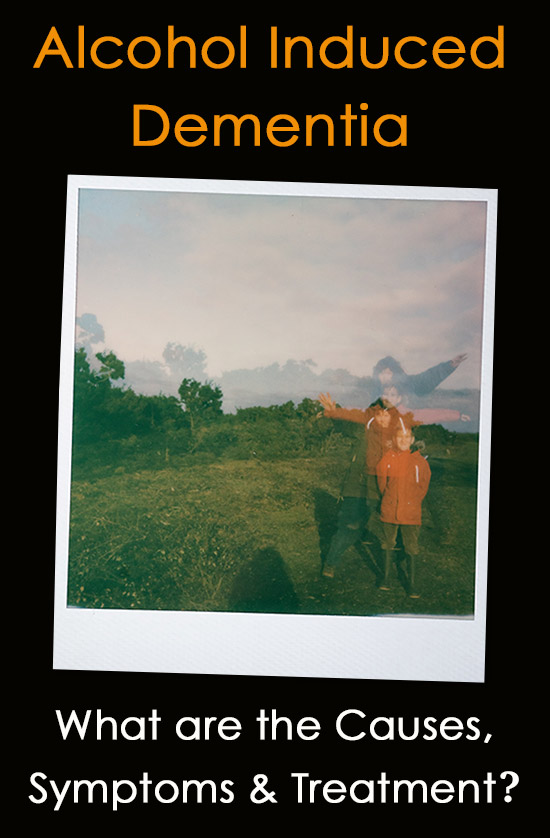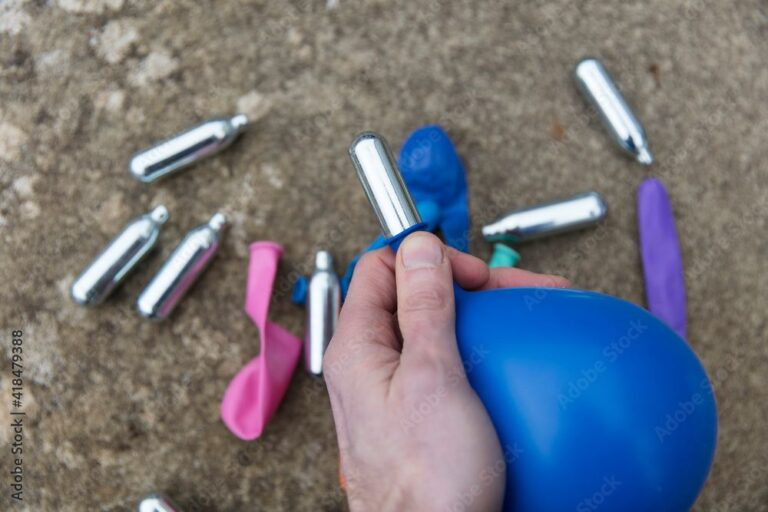Despite public awareness campaigns that consuming too much alcohol is incredibly unhealthy and a leading cause of issues such as alcohol dementia, more Americans are unfortunately dying as a result of their drinking habits.
In 2017, 73,000 people died from alcohol-related illnesses, according to a study conducted by the National Center for Health Statistics. The number just 18 years earlier, in 1999, was 36,000 deaths.
Alcohol-related dementia (ARD), though not necessarily fatal in and of itself, can be a significant factor in a person’s quality of life and an overall decline in health.
The condition is less common than Alzheimer’s Disease, but research suggests that ARD is present in about 3 to 5 percent of all dementia diagnoses, with an even higher percentage in patients suffering from early-onset dementia.

What are Alcohol Dementia Causes, Symptoms and Treatments?
The cause of alcohol dementia is not actually alcohol itself. It is, however, directly related.
Heavy alcohol consumption, especially in long-term drinkers, diminishes the body’s stores of thiamine, known as vitamin B1. This can eventually lead to brain damage. In the brain, thiamine helps produce energy from sugar. Without enough of it, fewer new brain cells are generated and function deteriorates, sometimes permanently.
To make matters worse, people struggling with alcohol use disorder do not generally have a healthy diet and, therefore, suffer from chronic nutritional deficiencies.
Some people who drink at high levels do not develop alcoholic dementia symptoms, though the reason is not currently known. That said, alcohol use disorders seriously increase the risk of all types of dementia.
Finally, it is not possible, at least right now, for physicians to predict who will suffer from ARD until the symptoms begin to manifest.
Related: Wet Brain (Wernicke Korsakoff Syndrome)
What are Alcohol-Induced Dementia Symptoms?
Both women and men of any age can develop this condition, depending on the intensity and quantity of their alcohol intake.
Unlike Alzheimer’s Disease, people with ARD tend to retain more of their language abilities because skills typically learned earlier in life, before the negative health effects of excessive alcohol intake take hold, and remain somewhat unaffected.
Some of the Side Effects of Alcohol-Induced Dementia Can Include the Following:
- Changes in personality
- Loss of inhibitions
- Fear of consequences
- Memory impairment
- Decrease in the ability to solve problems
- Difficulty understanding or retaining directions and locations
- Inability to learn new things
- Decline in executive functioning skills, such as planning and logical thinking
- Issues with balance and coordination
How is Alcohol-Related Dementia Diagnosed?
Diagnosing alcohol-related dementia is considered difficult because so many of its symptoms are similar to other types of dementia-related illnesses.
Another issue is the absence of widely accepted diagnosing criteria among physicians, though the Diagnostic and Statistical Manual of Mental Disorders (DSM-5) does provide a guideline for criteria.
One of the best ways doctors can diagnose ARD is through reports by family members and friends that the patient has shown significant personality changes along with a documented history of heavy alcohol consumption.
Other criteria have been proposed in hopes of developing a more precise diagnosis model.
These include markers like a dementia diagnosis within two months of a patient’s last alcohol use and the presence of ARD-related symptoms in a person with a heavy alcohol habit of at least five years.
Is Alcohol-Related Dementia Treatment Successful?
If diagnosed early enough, a person suffering from alcohol dementia may show some improvement with proper treatment.
However, because the diagnosis can be difficult, patients with an alcohol use disorder and their physicians must be vigilant in watching for symptoms.
Alcohol rehab treatment for addiction and continued sobriety will help prevent further damage to brain functioning and some people may see a reversal in the effects the illness.
Alcohol-Induced Dementia Treatment Includes:
- Complete alcohol abstinence
- Eating a well-balanced and healthy diet
- Vitamin supplements including thiamine and B-vitamins
- Proper sleep
- Regular exercise or physical activity
- Support from family, friends, or group therapy
It’s imperative to quit drinking alcohol immediately after a diagnosis, and vitamin supplements including thiamine can also help slow any further decline.
Related:
Vitamin B1 May Ward Off Alcoholic Brain Disease
Dry Drunk Syndrome : Sobriety Without the Relief of Recovery
Medications To Treat Alcoholism





